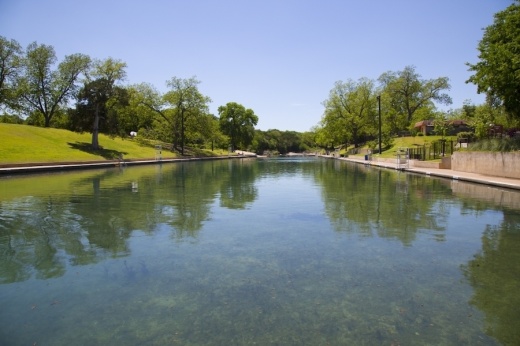Austin's parkland dedication process has been in place for decades to collect either fees or land from residential developers to be used on green space expansions, such as for neighborhood trails, pocket parks and other recreational improvements. City Council’s review of annual parkland fee adjustments ended in September with a lower increase than was originally proposed by the city parks department. Alongside that change, council also established parkland dedication requirements for commercial developments, such as new offices and businesses.
Dedication figures presented to city officials earlier this year would have doubled Austin's fees compared to fiscal year 2021-22. A majority of council ended up agreeing that seeking thousands more dollars per unit from developers would be a burden likely to hurt both new construction and housing affordability. Some also said another significant fee hike could prod state lawmakers to consider limiting parkland dedication in Texas during the next legislative session next year.
Others viewed higher fees as necessary for Austin to keep pace with local land costs and secure enough new park space. However, council ended up agreeing on a 10% hike for FY 2022-23 fees forwarded by District 8 Council Member Paige Ellis.
That figure landed between Mayor Pro Tem Alison Alter’s desired 25% increase and a total freeze requested by District 1 Council Member Natasha Harper-Madison while well below the initial 100% increase proposal. Officials also voted to continue the practice of exempting affordable housing from parkland dedication.
“I know none of us want to try to pit our funds for park space against housing affordability in this community," Ellis said. "I know there are folks who ideally wanted to stick to the numbers that they originally had proposed, but I hope that we found a workable compromise knowing that it is our responsibility to make sure we have access to park space but that we don’t disproportionately create a situation where housing doesn’t get built and therefore we also don’t get the park space or the fee in lieu to go along with it.”
Additionally, council’s dive into parkland dedication included the addition of commercial developments to the system. Commercial projects will also have the option to hand over land to the city or pay fees to the parks system based on the size and number of employees at new facilities.
“These changes require commercial developers to pay their fair share and help us to secure critical trail connections,” Alter said in a statement. “Our parks attract new industries and entrepreneurs, and commercial developers benefit. Residential taxpayers should not be the only ones burdened with providing parkland to match Austin’s rapid growth.”





